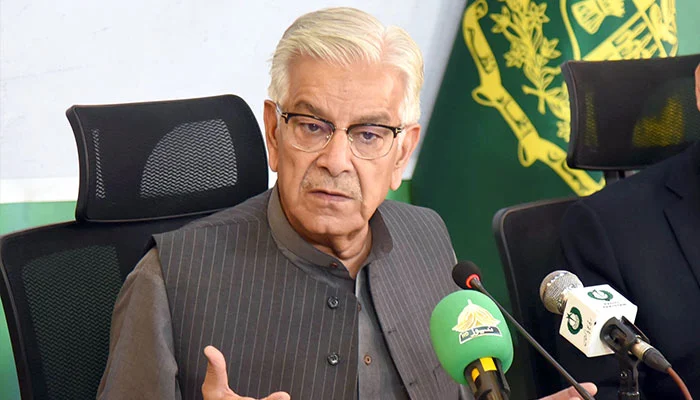In a recent interview on ARY News, Khawaja Muhammad Asif, Pakistan’s Federal Minister for Defence, cast doubt on the legitimacy of Al-Qadir University. He claimed the institution did not fulfill the requirements to be recognized as a university, as it had never applied for a formal charter from the Higher Education Commission (HEC). The minister further stated that Al-Qadir is more akin to a low-level college or institute, with only two subjects being taught: spirituality and a related field.
Asif also raised concerns about the significant landholding of the institution, which spans over 400 acres, while it has only enrolled around 200 students over four years. He pointed out that these numbers, along with its limited academic offerings, failed to meet the typical expectations of a university. His remarks have sparked a broader debate on the establishment and operation of higher educational institutions in Pakistan, particularly regarding those lacking proper accreditation.
Further questioning the institution’s legitimacy, Asif asked the media to investigate Al-Qadir’s operations in-depth—how many classes are held, how many degrees are awarded, and whether the educational quality is consistent with university standards. He emphasized that a real university should have a larger student base and more diverse academic programs.
This scrutiny comes amid ongoing discussions about educational reforms and the transparency of institutions in Pakistan. Asif’s comments have raised questions about Al-Qadir University’s status and its alignment with higher education regulations.



Comments (0)
No comments yet. Be the first to comment!
Leave a Comment